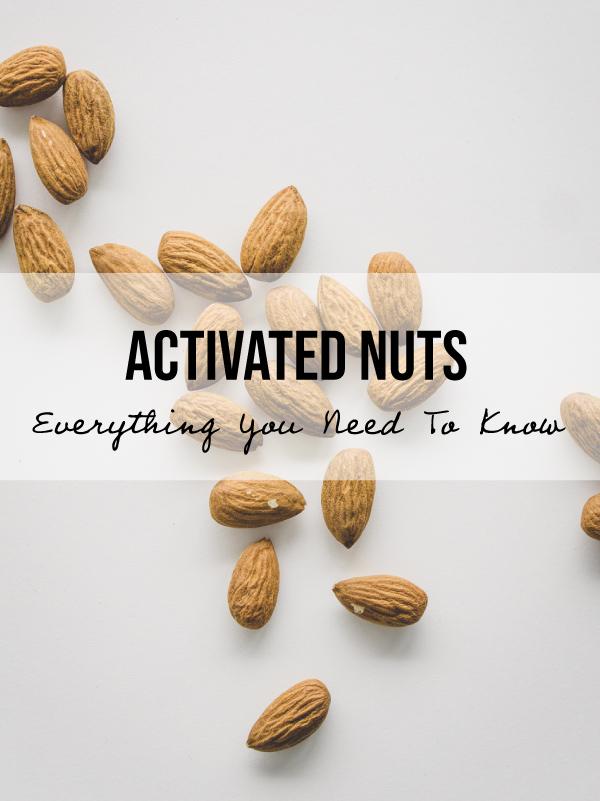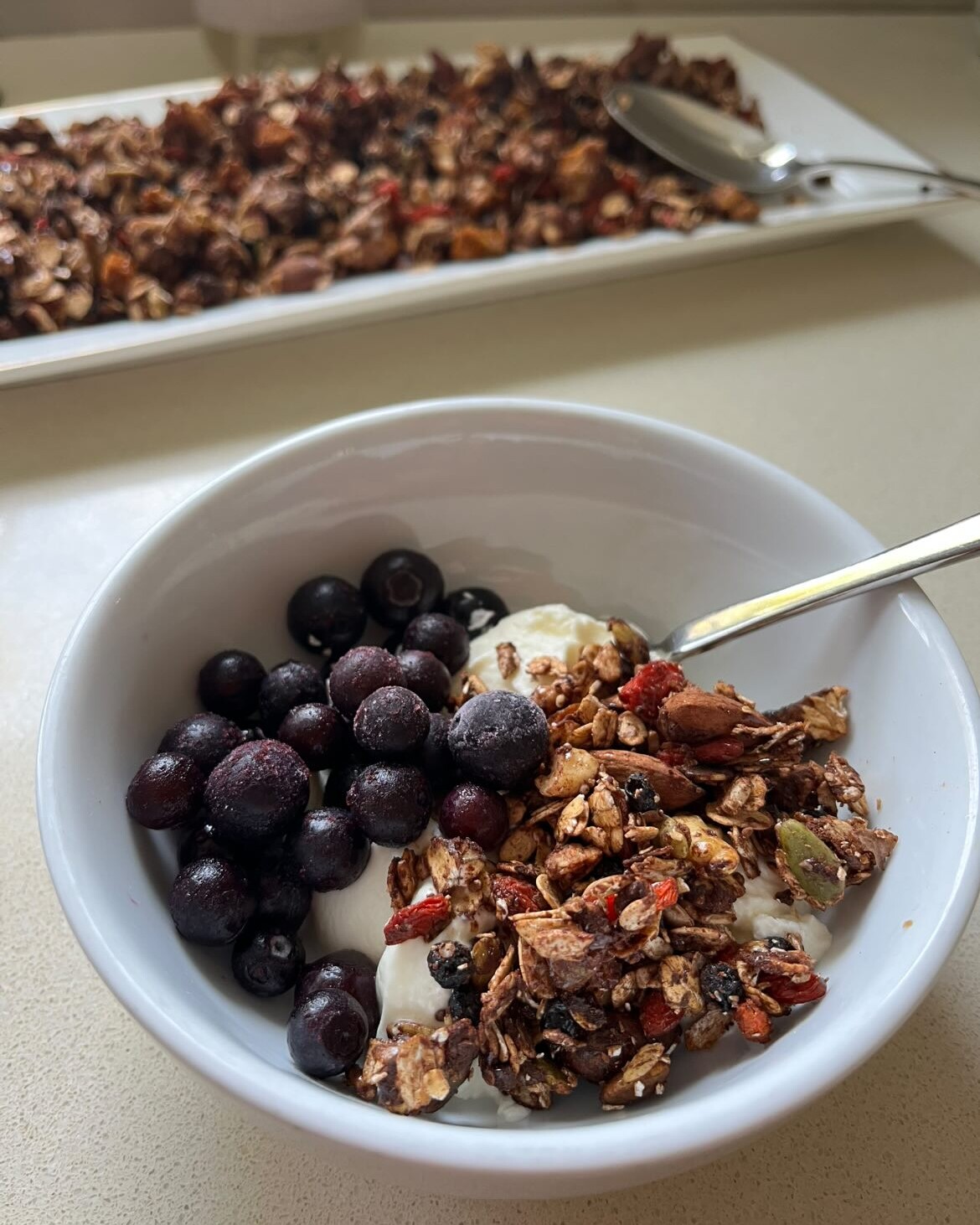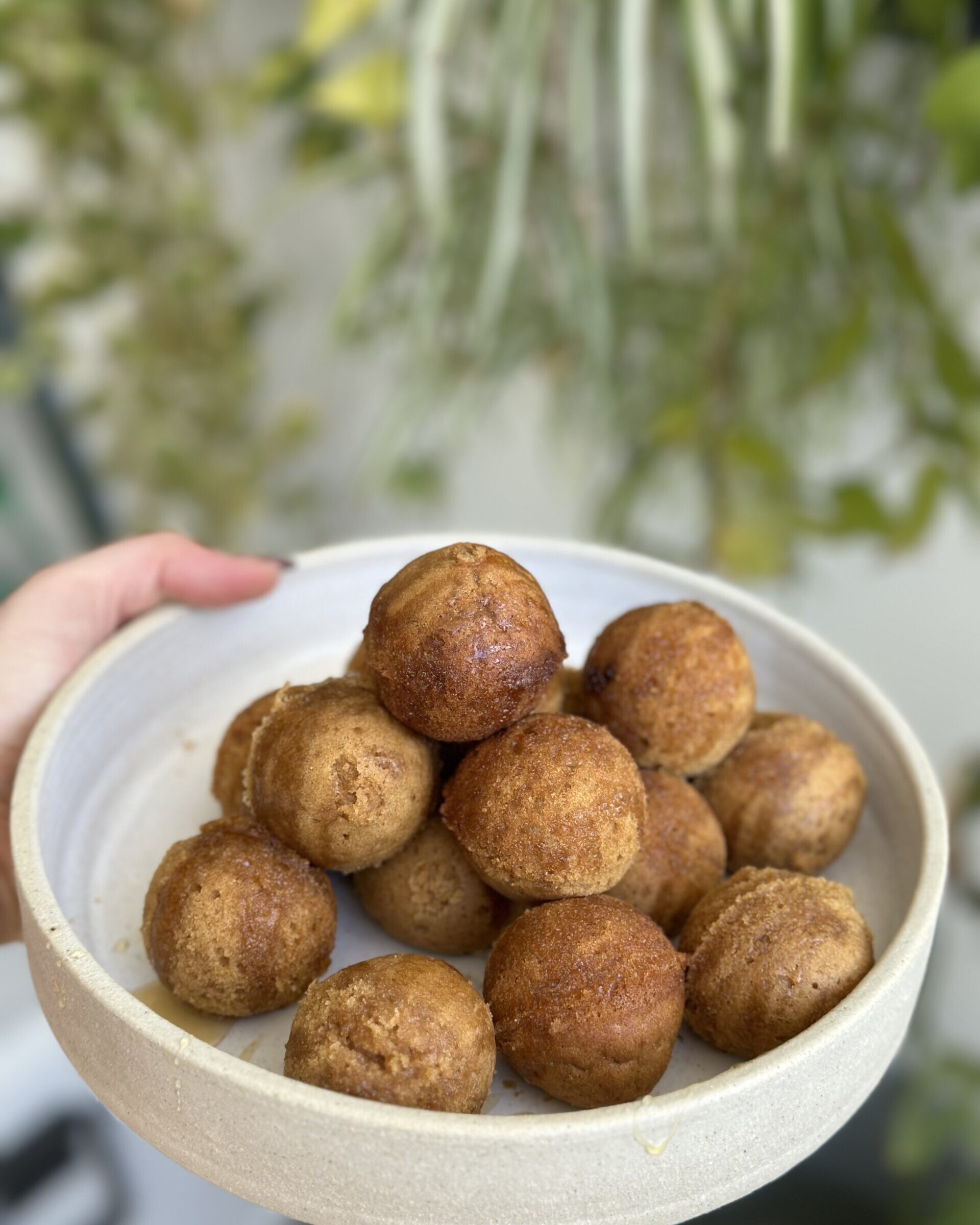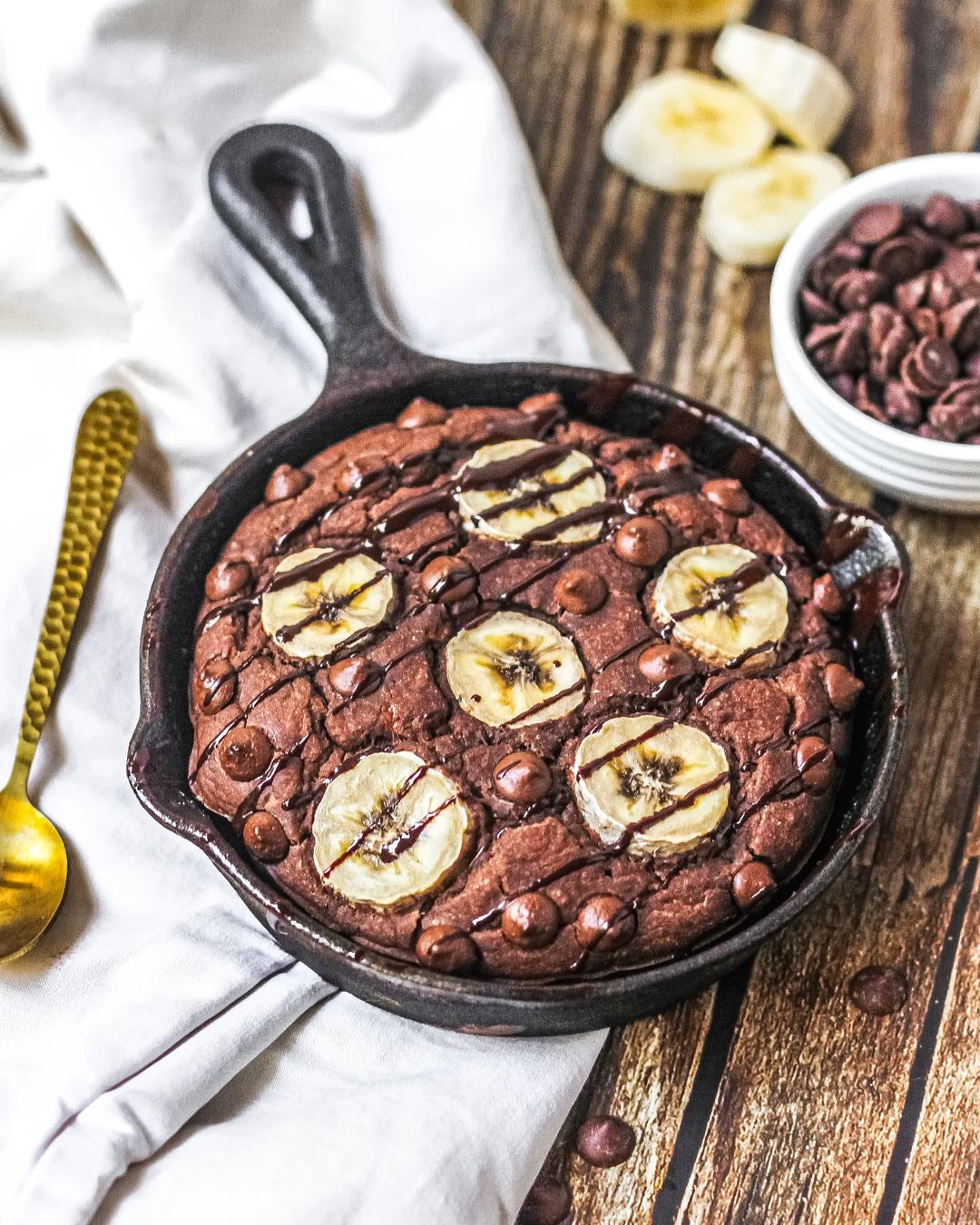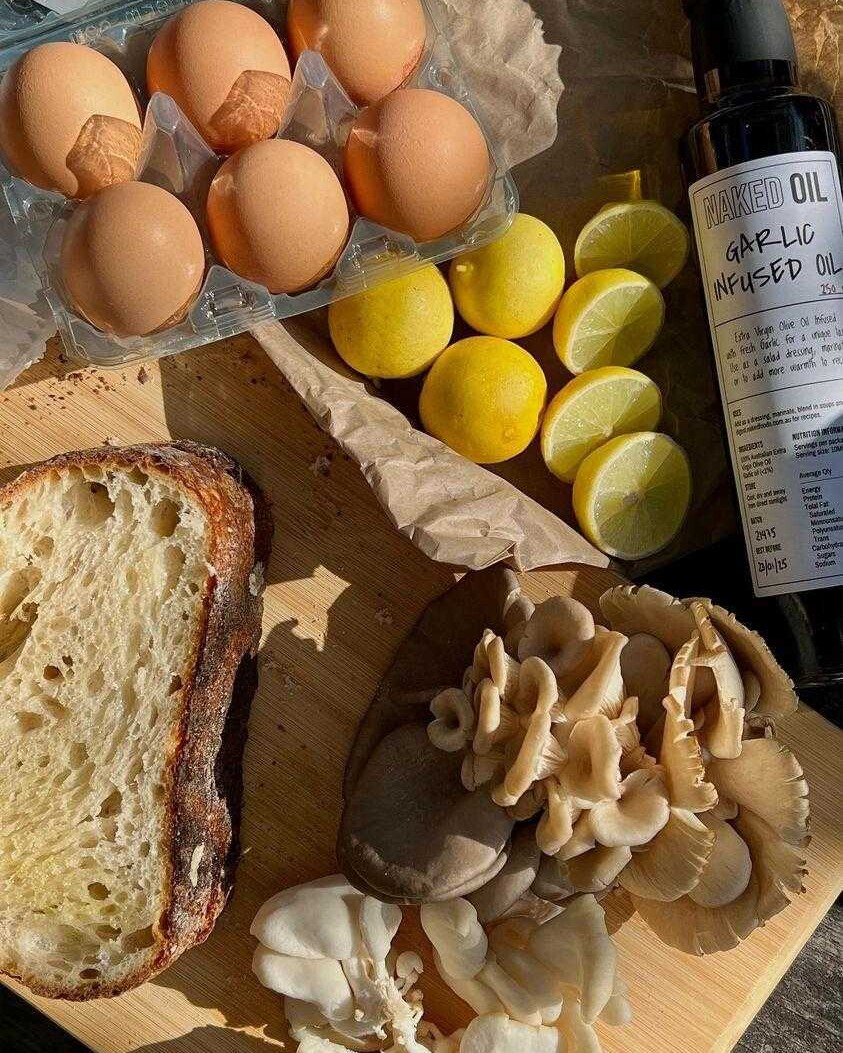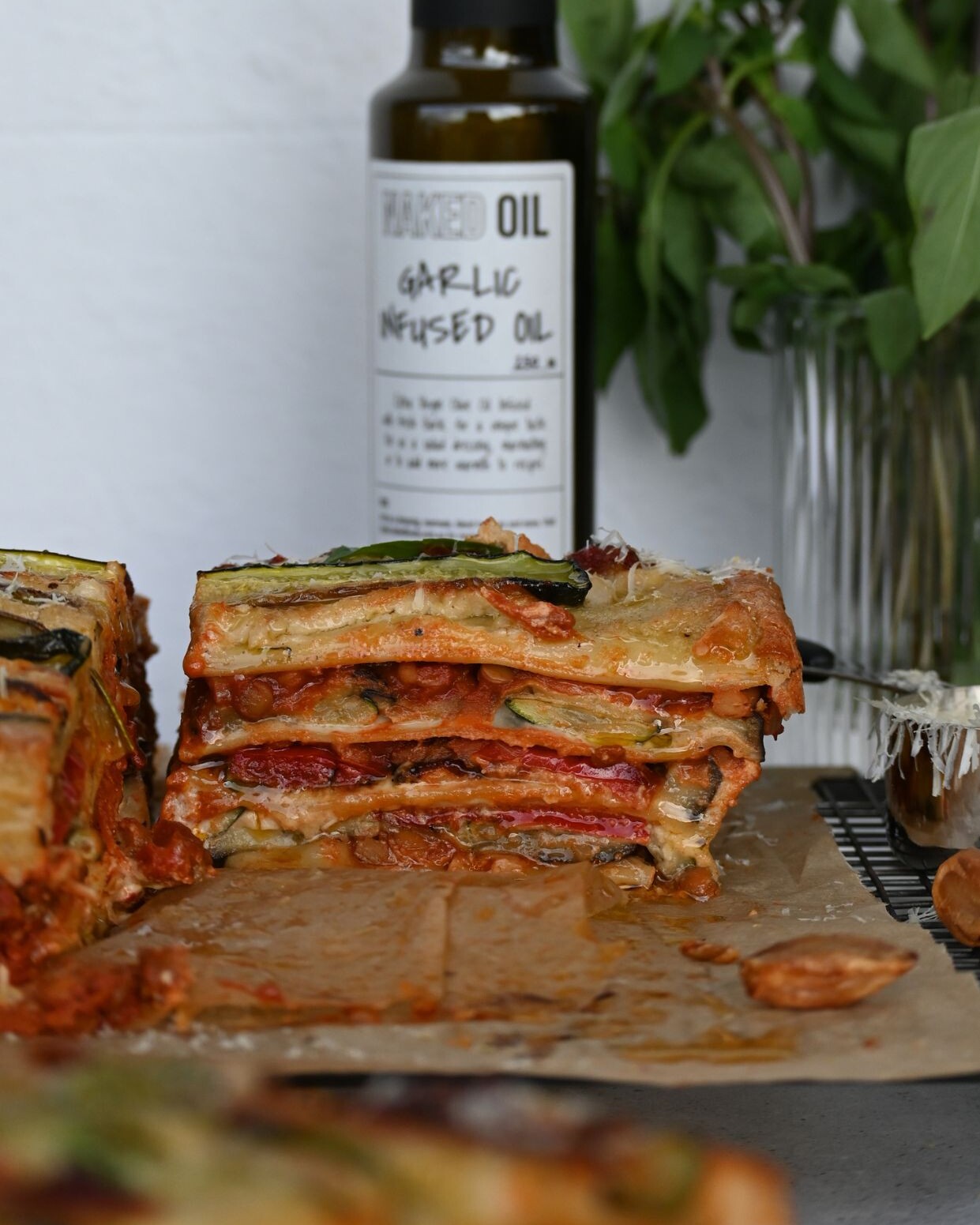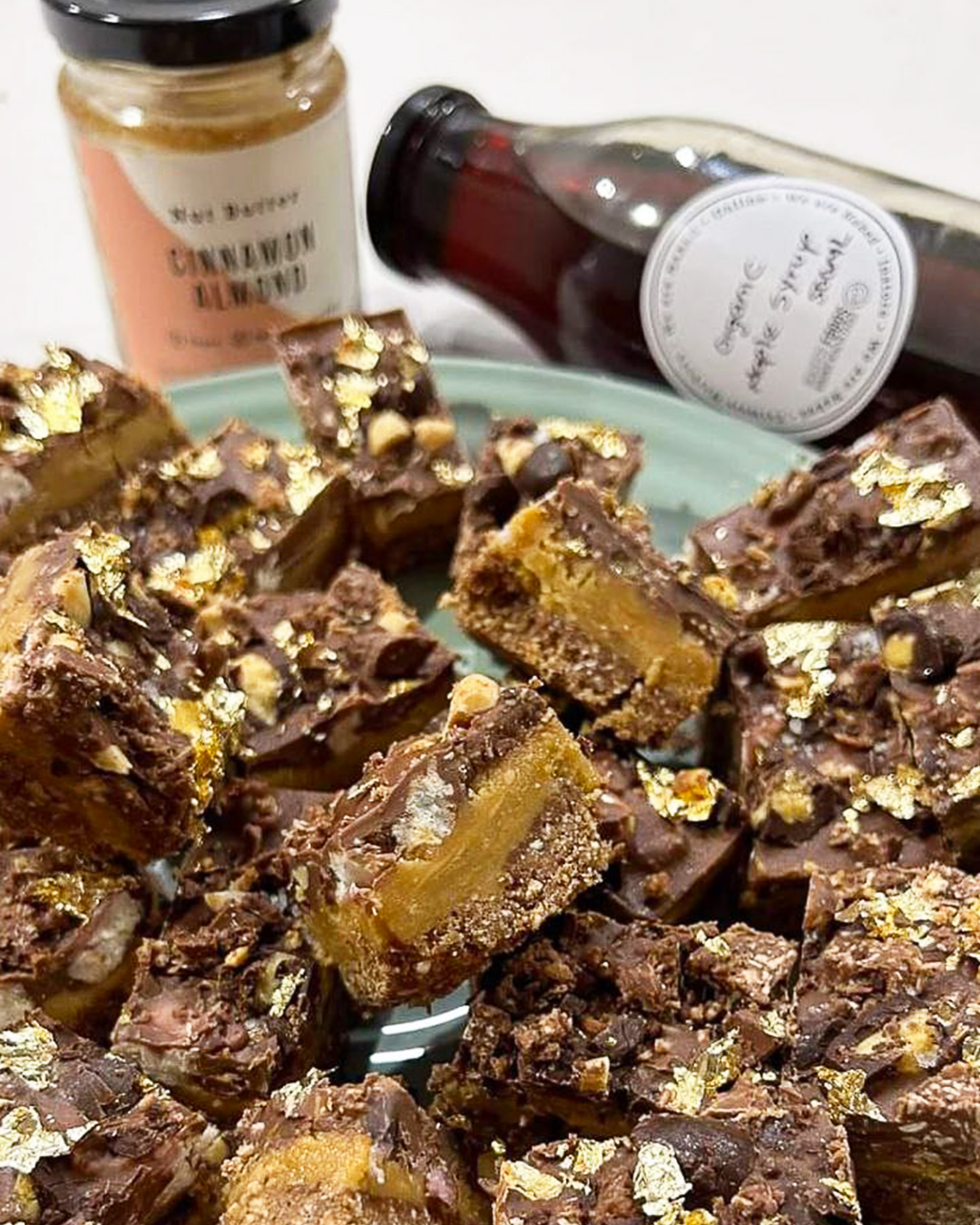The soaking or sprouting of grains and legumes has a long history of tradition in many cultures, but what’s the difference when it comes to nuts? And does eating activated nuts make a difference? We reached out to our resident Nutritionist for her opinion.
Nuts are a healthy plant food because they are high in healthy fats, protein, fibre and minerals. They also happen to taste great, are convenient, reasonably priced and can be enjoyed on all kinds of diets. There’s no wonder they are so popular. Yet, the ‘activation’ of nuts and seeds still seems to be causing a bit of confusion.
What Are Activated Nuts?
Activated nuts are nuts that have been soaked in a salt water solution to stimulate the early germination and sprouting process within the nut or seed.
What Are The Benefits of Activated Nuts?
The idea is that activating the nuts helps to break down the naturally occurring anti-nutrients, such as phytates in the nuts.
Phytates are plant storage compounds which bind minerals: iron, zinc, calcium, magnesium and phosphate, making them less available for absorption. Phytates inhibit (but do not entirely block) bioavailability of these nutrients, affecting how much of the other nutrients in that food that we can absorb. It’s important to know that these phytates won’t have a lasting effect once that food has been eaten.
As nuts contain an array of beneficial nutrients, we ideally want to be absorbing as much of these as possible. For people with impaired gastrointestinal function, increasing the bioavailability of minerals can make a profound difference, as well as helping out their digestion. Additionally, for those who eat lots of nuts, soaking and ‘activating’ ensures you are getting the most out of all your meals.
However, despite their bad rap, phytates aren’t a reason to avoid nuts altogether. While some people may struggle with nuts and seeds, the majority of our digestive systems can handle a serving of nuts without any digestive upset. And, despite their anti-nutrient activity, some research has shown phytates to possess antioxidant and anti-inflammatory effects.
So what’s the verdict?
Nuts and seeds are incredibly nutrient dense. Whether they are activated or not, they’re a great source of vitamins, minerals, fibre, protein, and healthy fats. However, for those with gastrointestinal issues such as IBS, or anyone on a diet that is high in foods that contain phytic acid, activating nuts may help to improve digestion and nutrient absorption, especially when consuming large amounts.
Fancy giving activated nuts a try? Activated mixed nuts are available in bulk at Naked Foods stores, or you can try making them yourself at home.

How To Make Activated Nuts
You’ll need:
- 3 cups of nuts/seeds
- Water
- 2 tbsp salt
Directions
- Soak the nuts/seeds* overnight in a pot of water with salt. The water should be covering the nuts and seeds.
- After 12 hours, drain the water away, rinse the nuts and lay out the nuts/seeds on a baking tray. Dry in the dehydrator for around 12-24 hours. If drying in the oven, set the oven at the lowest temperature possible, preferably no more than 65C. Stir or turn them occasionally, for the required drying time.
- Once the nuts and dry and crunchy, store in glass jars or paper bags and keep them in the fridge or freezer to retain freshness.
*Note: Macadamia and cashew nuts don’t need to be soaked overnight, instead soak for up to 6 hours.
Words by Brittany Darling – Accredited Nutritionist and Herbalist.

